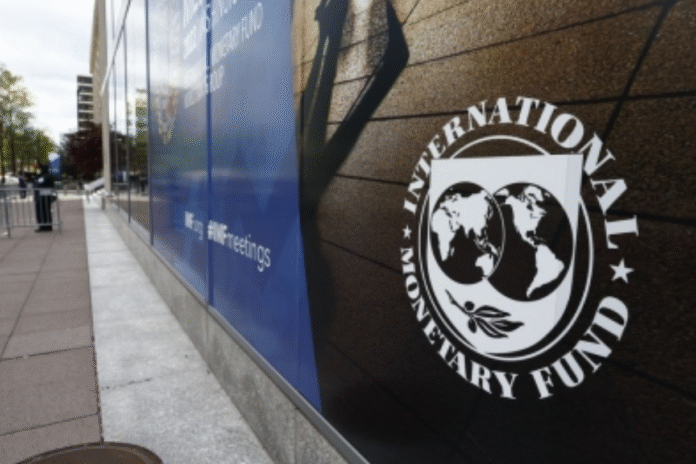New Delhi— The International Monetary Fund (IMF) has imposed 11 additional conditions on Pakistan as part of the $7 billion bailout package and warned that escalating tensions with India pose a significant threat to the economically fragile nation.
According to a report by Pakistan’s Express Tribune, the new conditions include parliamentary approval of a Rs 17.6 trillion ($63 billion) federal budget, a hike in the debt servicing surcharge on electricity bills, and the removal of restrictions on importing used cars older than three years.
The IMF’s Staff-Level Report, released Saturday, highlighted that “rising tensions between India and Pakistan, if sustained or worsening, could increase risks to the fiscal, external, and reform objectives of the program.”
The report noted that tensions between the two countries have grown significantly in the past two weeks. However, the financial markets have remained relatively stable, with the stock market retaining most of its recent gains and bond spreads widening only modestly.
The IMF disclosed that Pakistan’s defense budget for the upcoming fiscal year is set at Rs 2.414 trillion ($8.6 billion), an increase of Rs 252 billion or 12 percent. However, the government has reportedly signaled a defense allocation exceeding Rs 2.5 trillion—an 18 percent rise—following its recent standoff with India.
One of the new conditions requires Pakistan’s parliament to approve the fiscal year 2026 budget in line with IMF targets by the end of June 2025.
“The IMF has now placed a total of 50 conditions on Pakistan for access to just $7 billion in funding,” the Express Tribune reported.
The IMF has outlined a Rs 17.6 trillion federal budget, which includes Rs 1.07 trillion in development spending and a projected fiscal deficit of Rs 6.6 trillion.
Another key condition mandates provincial governments to implement new Agricultural Income Tax laws. This includes creating an operational platform for tax return processing, taxpayer registration and identification, a public awareness campaign, and a compliance improvement plan—all to be completed by June.
Additionally, the government must publish a governance action plan based on the IMF’s Governance Diagnostic Assessment, aimed at addressing critical governance vulnerabilities.
A separate condition requires an annual inflation-based adjustment to Pakistan’s unconditional cash transfer program to help maintain the real purchasing power of low-income households.
The IMF also directed the government to develop and release a long-term financial sector strategy for the post-2027 period, detailing regulatory and institutional reforms beginning in 2028.
Four more conditions target the energy sector. The government must issue revised electricity tariffs by July 1 to maintain cost recovery levels. A semi-annual gas tariff adjustment is also mandated by February 15, 2026.
Additionally, the IMF is requiring Pakistan’s parliament to pass legislation by the end of May to make the temporary Captive Power Levy Ordinance permanent. The move is aimed at pushing industries away from self-generated power and toward using the national electricity grid, thereby increasing overall grid efficiency and revenue. (Source: IANS)







